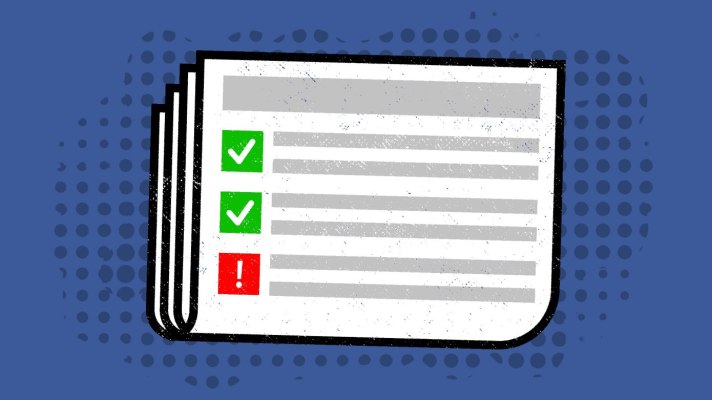Snopes, which recently rebuffed reports that its relationship with Facebook was strained, has stopped working for the program and the Associated Press is in negotiations over its role.
Snopes joined Facebook’s group of third-party fact checkers in 2016, at first volunteering its services and the next year accepting a lump $100,000 payment for their work. But the company said in a statement that it’s rethinking providing services like this at all:
At this time we are evaluating the ramifications and costs of providing third-party fact-checking services, and we want to determine with certainty that our efforts to aid any particular platform are a net positive for our online community, publication, and staff.
Snopes founder David Mikkelson added in a statement to TechCrunch that “we felt that the Facebook fact check partnership wasn’t working well for us as an organization.” I’ve asked Facebook for comment.
The news comes hot on the heels of a recent article in the Guardian by former Snopes employees who described the partnership as being “in disarray.”
But the Snopes founder strongly disagreed with that characterization, and the suggestion that Facebook had been interfering with or otherwise unduly influencing the fact-checking program. Mikkelson described the work as “literally just data entry,” and said that Facebook never told them what they should check, with a handful of exceptions like bringing high-profile hoaxes to checkers’ attention during the 2018 election.
In fact, Mikkelson said the main problem was a lack of engagement from Facebook. The tools, he said, were rudimentary, and checkers were limited in the number of articles they could evaluate. Meanwhile, the effect of the fact-checking program was poorly communicated both to partners and users. Was it working? How well? In what way? What changes are being made, if any, to the algorithms and systems involved?
In comments to Poynter, Snopes VP of operations Danny Green said the process needed to be improved:
With a manual system and a closed system — it’s impossible to keep on top of that stuff… It doesn’t seem like we’re striving to make third-party fact checking more practical for publishers — it seems like we’re striving to make it easier for Facebook. At some point, we need to put our foot down and say, ‘No. You need to build an API.’
This surely formed at least part of the reason why Snopes declined to renew its yearly contract with Facebook. It seems to be a coincidence that the announcement came shortly after yet another bad week for the latter; the contracts seem to be for calendar years so the decision not to rejoin would have been made some time ago.
It’s not the only U.S. fact checker not doing the work. The Associated Press confirmed to TechCrunch that it too is “not currently doing fact-checking work for Facebook.” In a statement, the news organization said that it “constantly evaluates how to best deploy its fact-checking resources, and that includes ongoing conversations with Facebook about opportunities to do important fact-checking work on its platform.”
Update: The AP representative contacted TechCrunch to say that although it is not doing fact checking work for the program now, it is not leaving it altogether, later adding that “AP is in talks with Facebook and we fully expect to be doing fact check work for Facebook in 2019.” I’ve updated the headline and story throughout to reflect this.
Politifact confirmed it is staying with the program; I’ve also asked Factcheck.org (the fourth U.S. fact-checker); AFP, which does fact-checking work in multiple countries, also confirmed its continuing work.
